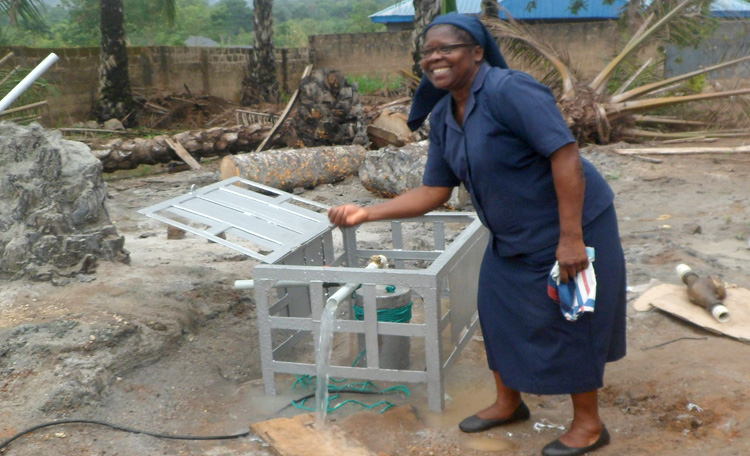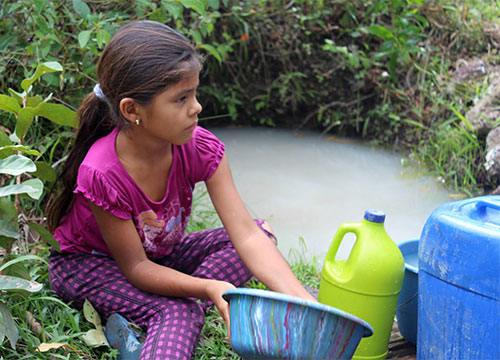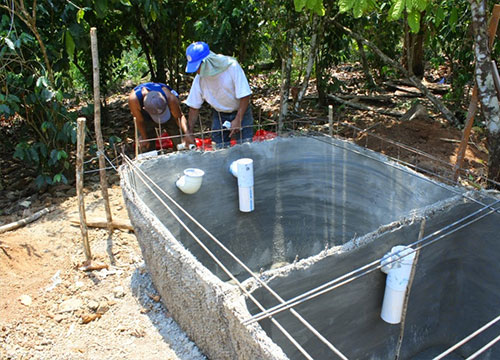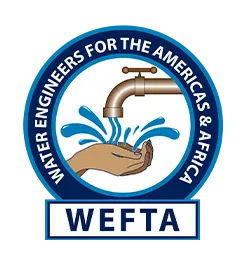Nigeria
WEFTA works with its partners to improve water, sanitation, and hygiene in healthcare facilities in Nigeria.
Water, sanitation, and hygiene (WASH) services in healthcare facilities (HCFs) are essential for quality care because they help prevent illness and control the spread of infections.
As part of the global WASH in HCFs initiative, WEFTA has collaborated with the Daughters of Charity – International Project Services, on projects in Nigeria to improve WASH resources in HCFs run by the Sisters of the Daughters of Charity (DOC).
According to the World Bank, in 2018, Nigeria’s WASH sector was declared to be in a state of emergency. Approximately 60 million Nigerians were living without access to basic drinking water. The 2021 WASH NORM Report reveals only 6% of healthcare facilities in Nigeria have basic water, sanitation, and hygiene services. Overall, 49% of HCFs in sub-Saharan Africa lack basic water services.
Through collaborative efforts with the DOC and our in-country partners, WEFTA is working on WASH resource improvements for St. Catherine’s Hospital & Maternity Ward located in Iwaro Oko, Ondo State. Annually, the Hospital serves over 9,000 people.
Achieving WASH coverage across all HCFs is vital for reaching the UN Sustainable Development Goals 3 and 6, which are ensuring availability and sustainable management of water and sanitation for all, respectively.
WEFTA is dedicated to promoting WASH in HCFs and continues to work together with our partners, local leaders and representatives, healthcare workers, and community members on the construction of water and wastewater projects in Nigeria and in all of the countries we serve.
Sources:
Capital: Abuja
Area: 923,768 sq. km.
Population: 225,082,083 (2022 est.)
Languages: English (official), Hausa, Yoruba, Igbo, and Fulani, among over 500 additional indigenous languages.
Regions: Southern lowlands merge into central hills and plateaus; mountains in the southeast, plains in the north. Climate varies; equatorial in the south, tropical in the center, and arid in the north.


Water & Health
Since 2002, WEFTA has been connecting donors, engineers, and communities in Latin America and Africa, all with the common goal of ensuring access to clean drinking water for everyone.

Sanitation & Environment
WEFTA engineers help facilitate community dialog leading to solutions for inadequate sewage treatment, and its environmental impacts.

Development & Sustainability
WEFTA volunteers work with the communities we partner with to develop the local skills needed to maintain and manage the water and wastewater systems constructed.

